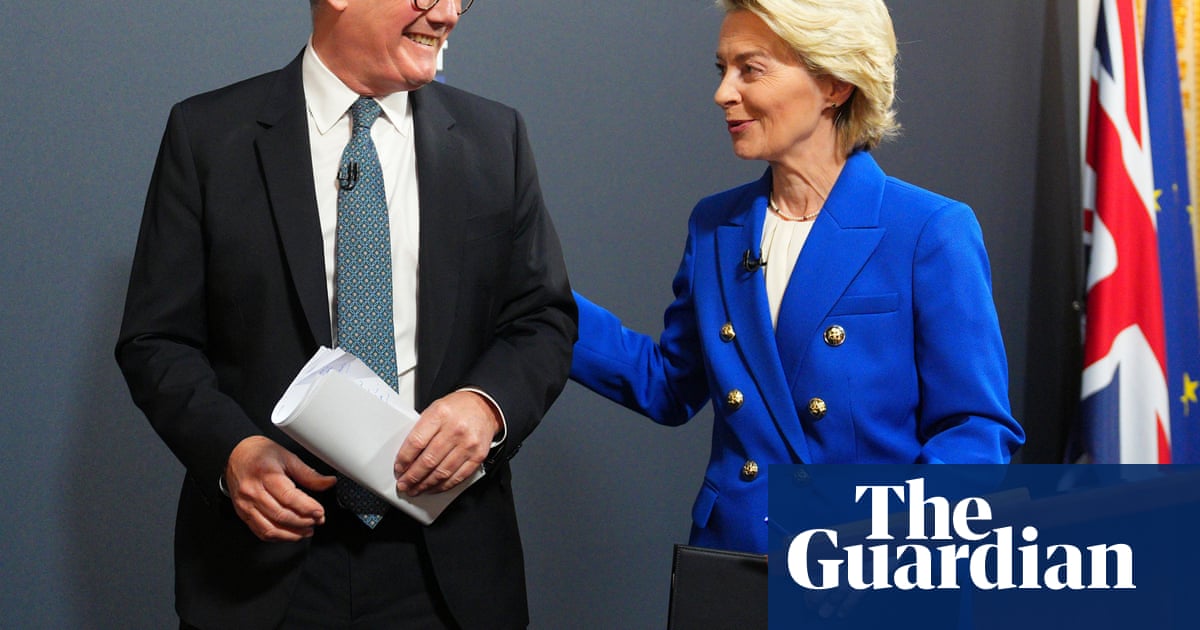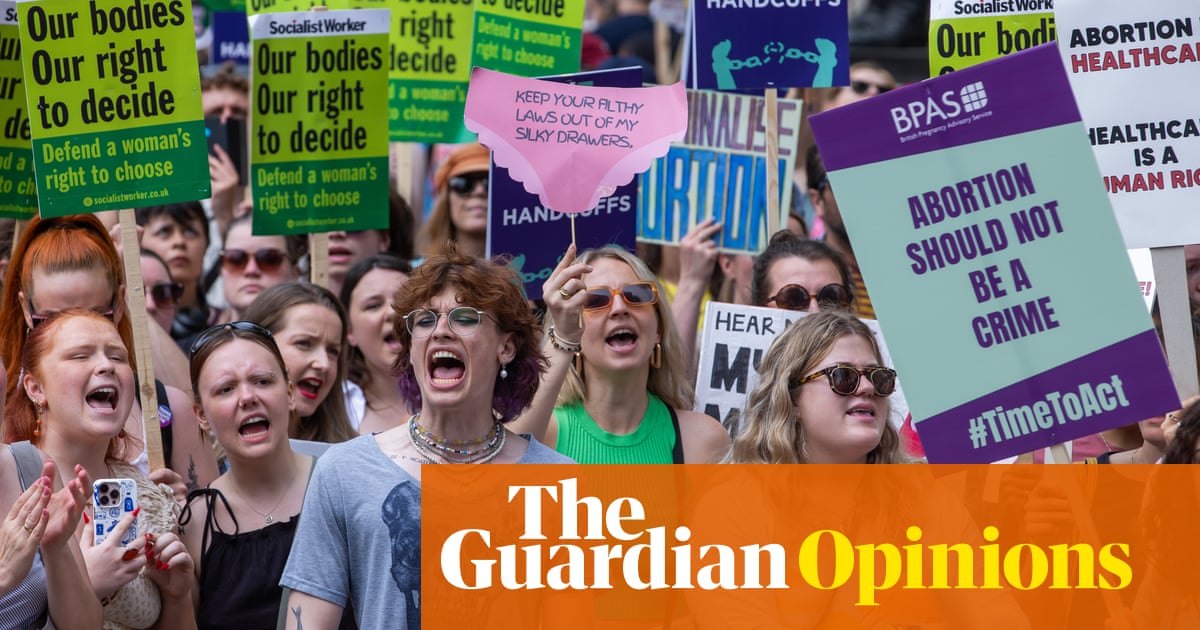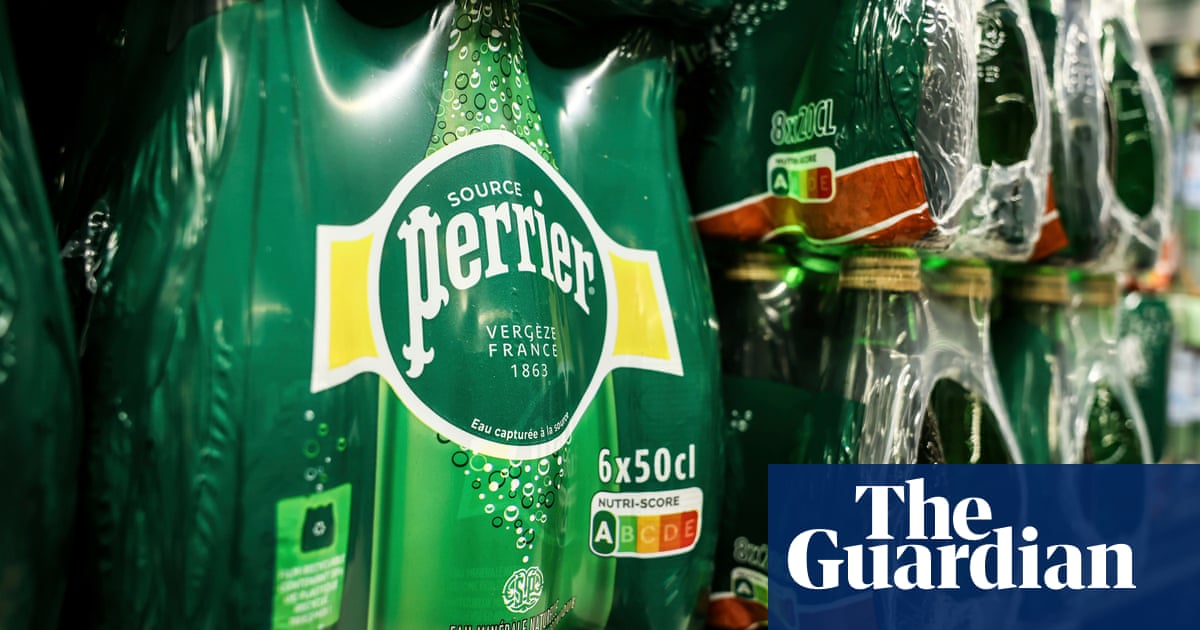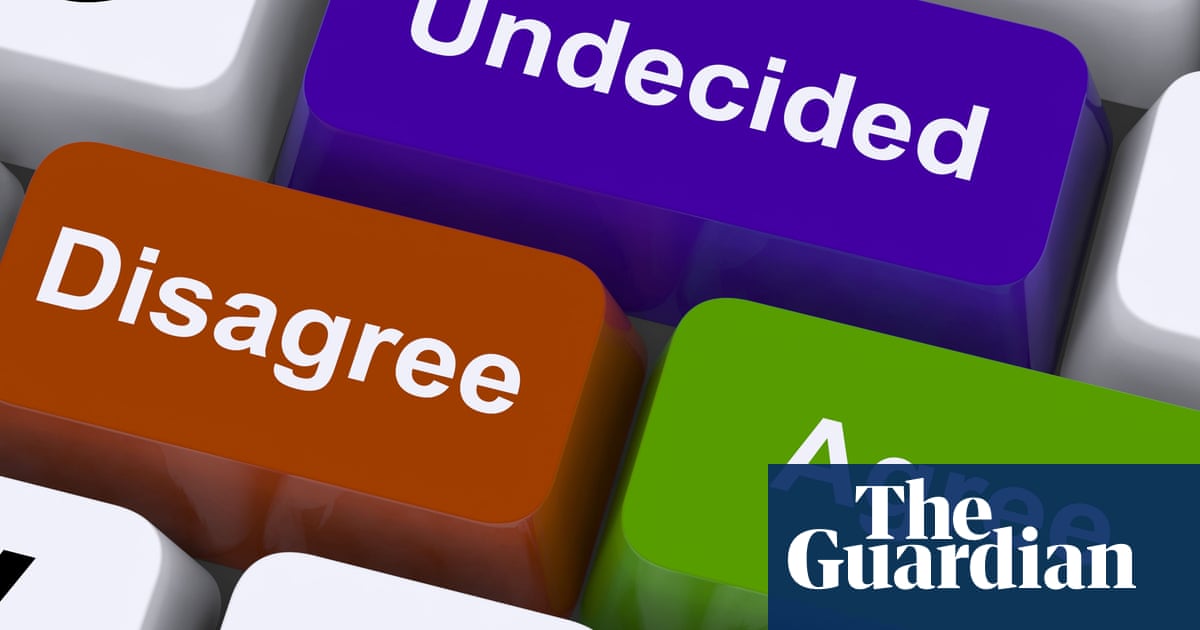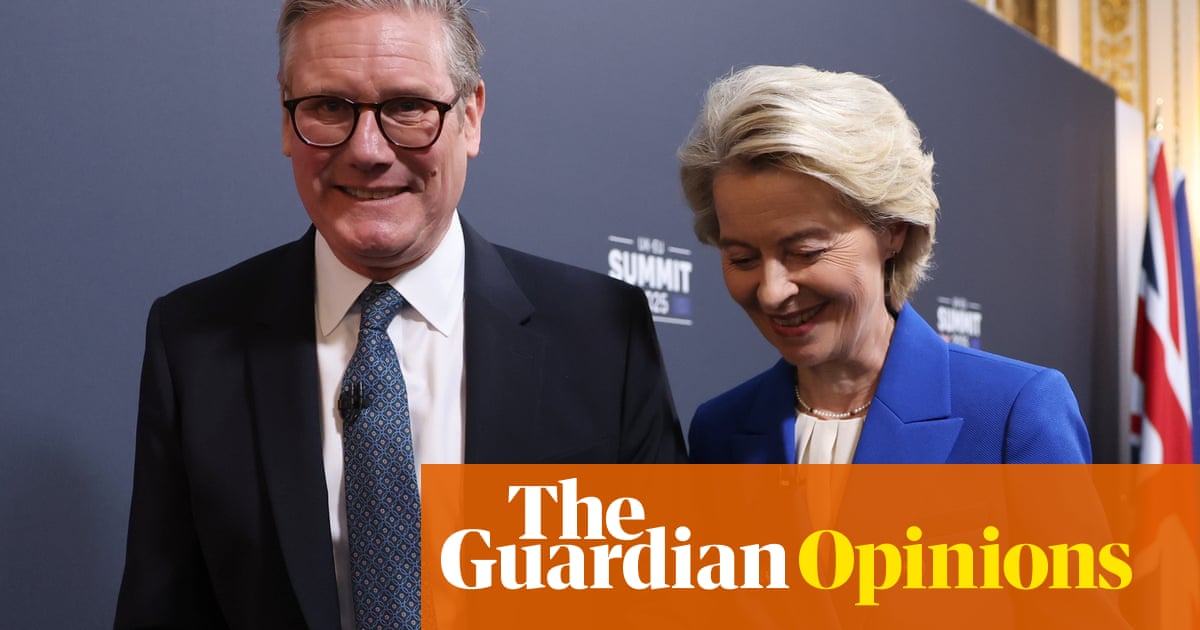Officials in France and Belgium have hit back at American efforts to impose Donald Trump’s rollback of diversity measures on Europe, which in the US has seen Disney put under investigation.
Several companies across the EU have in recent days reportedly received letters informing them that the Trump administration’s crackdown on diversity, equity and inclusion initiatives also applies to firms around the world looking to do business with the US government.
France’s foreign trade minister said on Monday he was “deeply shocked” by the US assertion. “We are going to have a discussion with the United States embassy in France about this because we need to understand the real intention behind this letter,” Laurent Saint-Martin told the broadcaster RTL.
He likened it to asking companies “to renounce the inclusion policies” that are in line with French or European law, such as efforts to promote women’s equality, tackle racism and better include people with disabilities.
Since taking office this year, the Trump administration has made a point of targeting longstanding efforts to ensure that people of all backgrounds, including historically marginalised groups such as women and people of colour, can gain a foothold and thrive at organisations.
The efforts have led to crackdowns at companies across the US; last week US regulators said the Walt Disney Company and its ABC unit had been added to the list of firms that are under investigation for attempting to tackle discrimination.
Late Friday, the French business daily Les Echos was the first to report that the change in US policy had spread across the Atlantic. The US embassy in Paris sent letters to a few dozen French companies, it noted, informing them that the rollback of diversity measures applies to all suppliers and service providers of the US government, regardless of where they are based.
The letter asked recipients to complete, sign and return within five days a form certifying that they “do not operate any programmes to promote diversity, equity and inclusion” according to Le Figaro, which published what it said was a copy of the letter.
“If you do not agree to sign this document, we would appreciate it if you could provide detailed reasons, which we will forward to our legal teams,” the letter continued.
France’s trade ministry was swift to respond. “American interference in the inclusion policies of French companies – along with threats of unjustified tariffs – is unacceptable,” it said in a statement. It vowed that France and Europe would defend “the companies, their consumers, but also their values”.
While affirmative action policies are largely illegal in France, which bans decisions based on a person’s origin, ethnic group or religion, efforts by large companies to diversify their recruitment pools and quotas have turned the country into a global leader when it comes to the number of women on company boards.
On Sunday France’s minister for gender equality, Aurore Bergé, described the letter as an obvious “form of interference.” Speaking to the broadcaster BFMTV, she added: “That’s to say it’s an attempt to impose a diktat on our businesses.”
The French government was working to determine exactly how many companies had received the letter, she said. “It is out of the question that we will prevent our businesses from promoting additional social progress [and] social rights,” said Bergé. “Thankfully, a lot of French companies don’t plan to change their policies.”
Similar requests were reportedly received by companies in Italy and Spain as well as in eastern Europe.
On Sunday, Belgium’s deputy prime minister, Jan Jambon, also pushed back against the US efforts. “We have no lessons to learn from the boss of America,” he told the RTL-TVi television channel.
The country’s minister of foreign affairs, Maxime Prévot, said Belgium “would not take a single step backwards” and that the government was exploring how best to legally respond to the US, he told newspaper HLN.
The US request comes at a delicate moment for the transatlantic relationship, which has been left troubled amid threats of escalating tariffs, security concerns and the recent Signal leaks that laid bare the Trump administration’s disdain for Europe.
In Belgium, the minister of equal opportunities, Rob Beenders, pointed to the wider picture of what was at stake. “Companies that embrace diversity benefit from more creativity, innovation and a better connection with their customers,” he said.
His view was backed up by a 2020 report by McKinsey & Company that found companies with greater gender and ethnic diversity were more likely to outperform their peers. The difference was significant, with gender diversity leading to a 25% probability of higher profits, while ethnic diversity led to a 36% probability.

.png) 1 month ago
27
1 month ago
27

